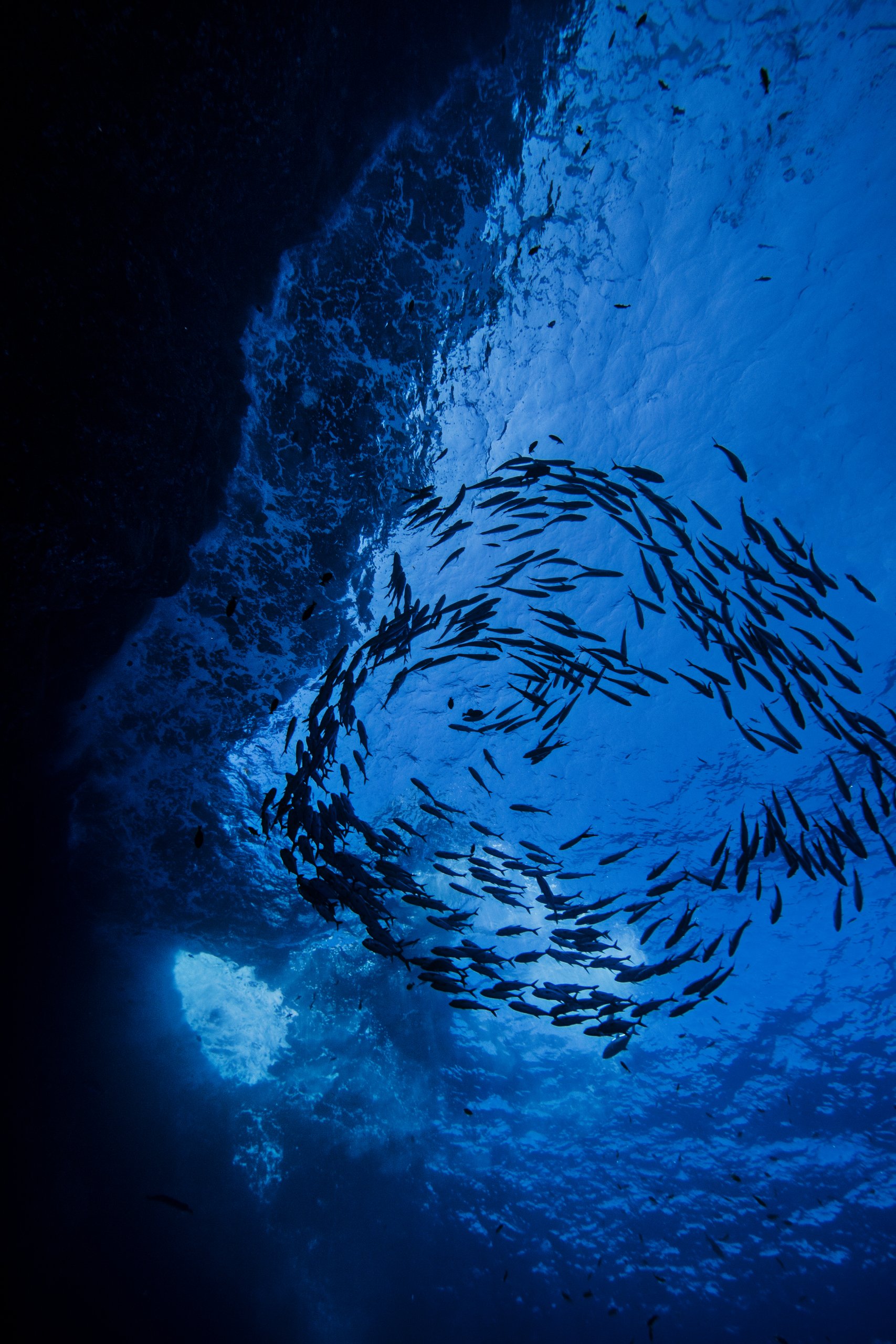As a management approach designed to take into account potential benefits and impacts of fisheries management across both the marine environment and the societies that rely on them, a key element of Ecosystem Based Fisheries Management (EBFM) is understanding how changes in different environmental influences can impact fishing patterns.
Our Ecological Effects on Fisheries theme in this report investigates the influence of various key environmental factors, including temperature, ocean currents, surface circulation, and zooplankton availability, on the “recruitment process” of commercial fish stocks – that is, how young fish survive to become adults. Understanding which environmental factors significantly affect recruitment for different fish species is vital for us to be able to tailor and adapt management strategies according to changing environmental conditions, and to minimise the risk of overfishing stocks with poor recruitment.

Unsurprisingly, the diversity of fish species across the SEAwise Case Study regions means that the same environmental conditions can have very different effects on recruitment depending on geography and species. For example:
An overarching theme revealed by this research is that the ability of our models to predict future recruitment in fish stocks is closely linked to the age at which a fish species can first begin to reproduce (known as “life history strategy” among scientists). Species which have a longer life cycle – and therefore take longer to begin reproducing – were found to be more difficult to make predictions about in comparison to species which prefer the “live fast, die young!” approach.
SEAwise’s work on this topic is still ongoing, with the results anticipated to support the development of more accurate predictions of how fish stocks will respond to environmental changes. This will ultimately help to inform the implementation of robust fisheries management in an EBFM context.
Read the full report here.
Stay up to date with SEAwise news and research, hear about upcoming events, and receive updates on fisheries news from across the European seascape.